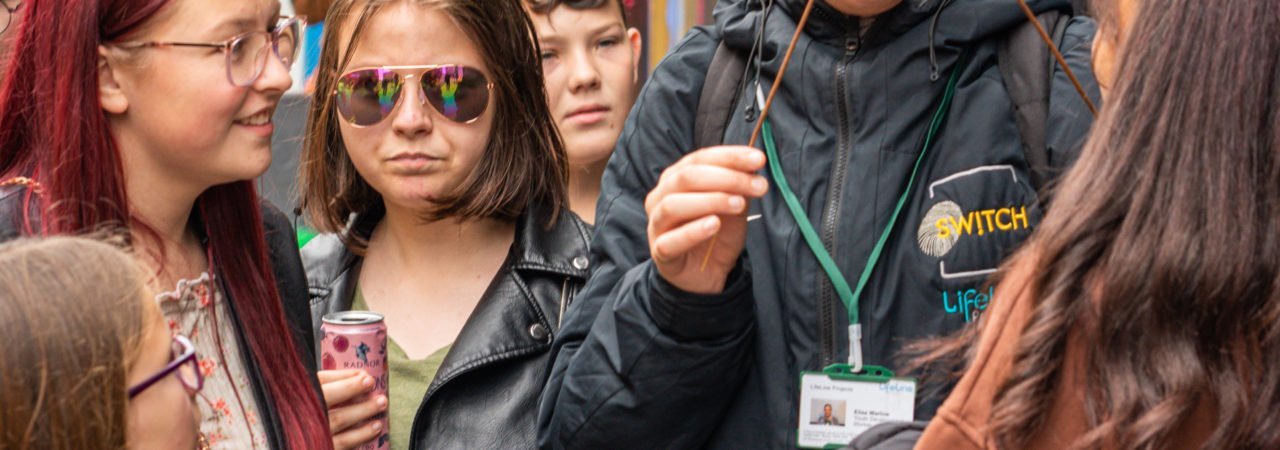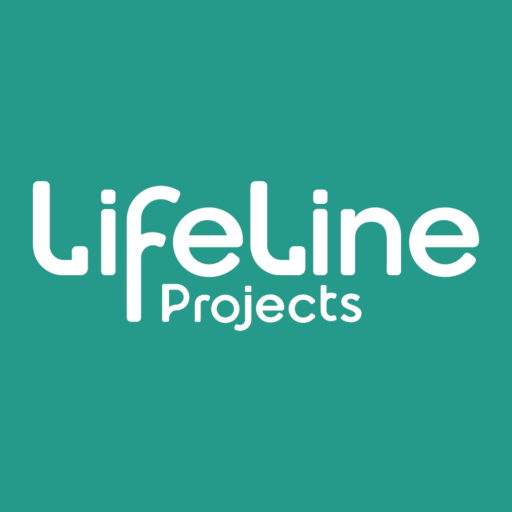We are extremely pleased to have been recognised once again by the Mayor of London for our work with young people, having been awarded further funding worth £438,000 from the New Deal for Young People programme.


This funding will enable us to greatly ramp up our delivery of high-quality one-to-one SW!TCH mentoring to young people in schools in East London over the coming two years. Our SW!TCH Futures team will be able to mentor a further 400 young people, effectively doubling the number of young people we’re working.
It is our aim to support young people who have suffered due to the pandemic and to help them to build a more resilient and equal London. Per the New Deal for Young People, our work will support the Mayor’s goal of providing all young Londoners in need with access to a personal mentor and local engaging activities by 2024.
We’ve seen up-close how adversely young people have been affected by the pandemic—at risk of poor mental health, isolation, exploitation, or serious youth violence—which can be further exacerbated by the major life transitions, developmental challenges and complex needs that come with growing up.
Our integrated programme of one-to-one mentoring and positive activities in the community is designed to build confidence and resilience, creating a feeling of community, and enabling young people to take control of their own future. Mentoring will be held weekly, with mentors working closely with both school and mentee to shape their learning plan and give them agency in finding their own future. Meanwhile, our outreach team will be running a wide range of regular activities in the community to engage young people during the ‘lost hours’ between school ending and parents getting home where there is a significant spike in youth violence and anti-social behaviour.





